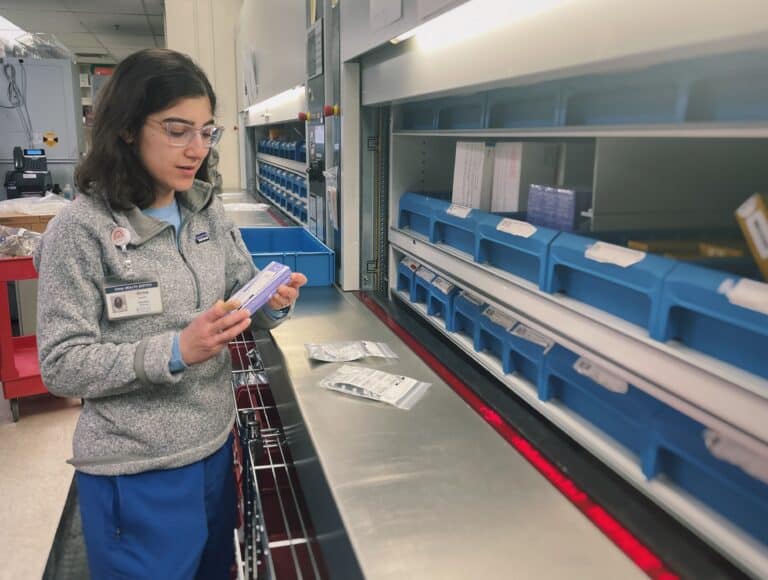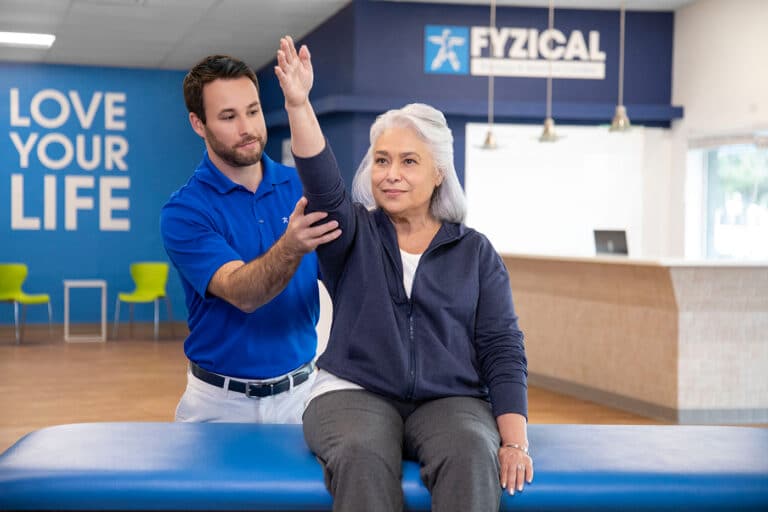The Medicine Cabinet: Ask the Harvard Experts
Q: My triglyceride level was high on my last blood test. My doctor said I might need medication if I can’t lower it with dietary changes. I thought my diet was already healthy. Would I really need medication?
A: After you eat a snack or meal, your body packages some of the fats into compounds called triglycerides. Like different types of cholesterol, triglycerides circulate in the blood and get deposited in the liver and fat tissues.
Within a few hours after a meal, normally triglycerides get cleared from the blood stream. But for many people, the blood level stays elevated.
The American Heart Association sets these ranges for fasting blood triglyceride levels:
–Normal: Less than 150 milligrams per deciliter (with less than 100 milligrams per deciliter defined as optimal)
–Borderline high: Between 150 and 199 milligrams per deciliter
–High: Between 200 and 499 milligrams per deciliter
–Very high: 500 milligrams per deciliter and above
In general, doctors recommend that this blood test be performed in a fasting state. That means no food or drinks other than water for approximately eight to 10 hours before the blood test.
“High” or “very high” levels of triglycerides are associated with an increased risk of heart disease. But it’s not been proven that high triglycerides themselves actually cause heart disease. That’s because most people with high triglycerides also have other proven risk factors, such as diabetes, central obesity, and lower HDL cholesterol levels.
The more worrisome risk for people with extremely high triglyceride levels (over 1,000 milligrams per deciliter) is pancreatitis, a serious and potentially life threatening inflammation of the pancreas.
Lowering your triglyceride level starts with intensive life style changes. Decreasing your total daily caloric intake and exercising at moderate intensity on most days can lower your triglyceride levels by 20 percent, and maybe by as much as 50 percent.
Avoid sugar-sweetened beverages and foods, processed carbohydrates and white bread. Instead substitute high-fiber whole grains and eat plenty of vegetables and unsaturated fats — especially omega-3 fatty acids from fish such as salmon, herring, and sardines.
Regarding medication, the main driver should be your overall heart risk profile and level of LDL cholesterol, rather than just your triglyceride level. Most often, if medication is needed, it usually means taking one of the statin drugs.
However, if your LDL cholesterol level is low and your triglycerides are extremely high (close to 1,000 milligrams per deciliter), then medication other than a statin that is specifically aimed at lowering triglycerides would usually be recommended.
(Howard LeWine, M.D., is an internist at Brigham and Women’s Hospital in Boston and assistant professor at Harvard Medical School. For additional consumer health information, please visit www.health.harvard.edu.)
(c) 2017 PRESIDENT AND FELLOWS OF HARVARD COLLEGE. ALL RIGHTS RESERVED. DISTRIBUTED BY TRIBUNE CONTENT AGENCY, LLC.










